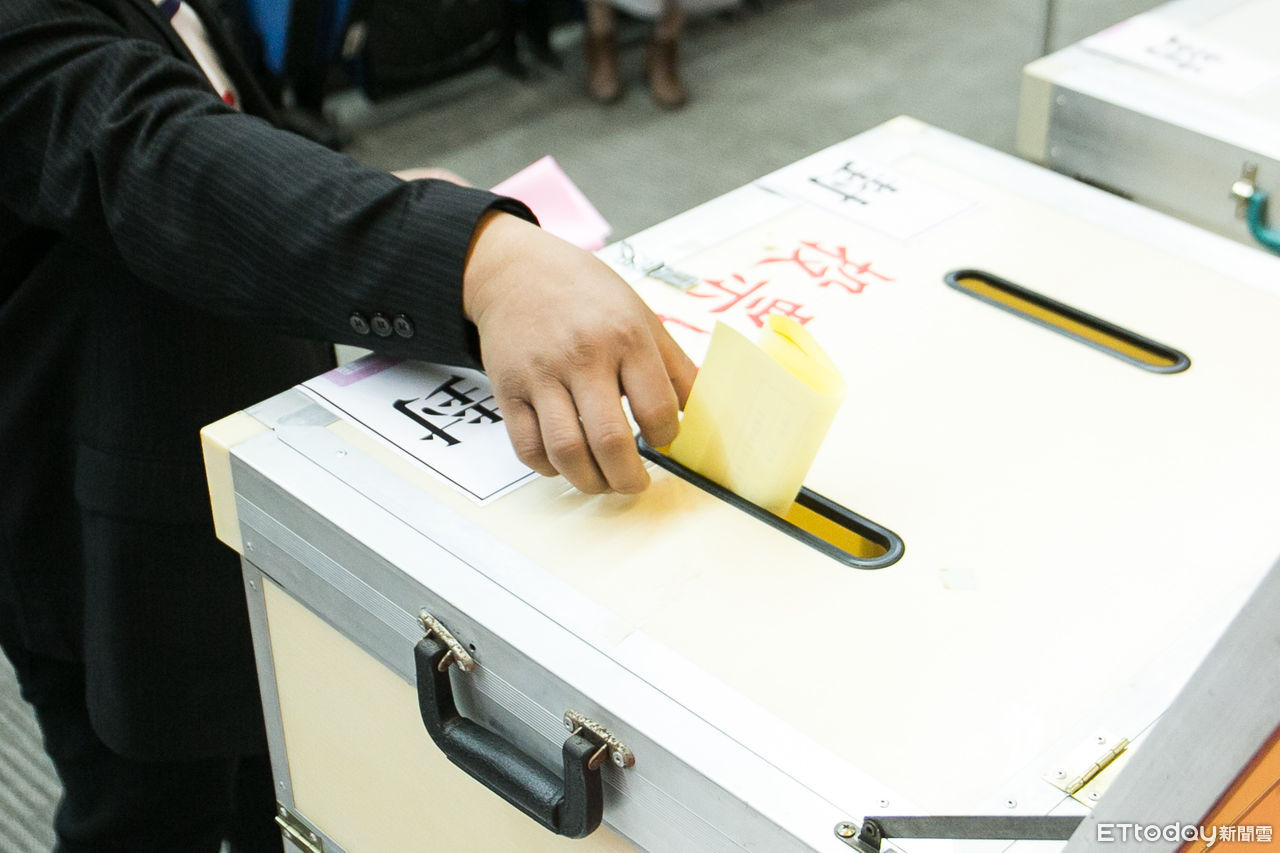
▲在2018年九合一大選前,《台北時報》曾強調來自中國的金援可能操縱著台灣的選舉,而調查局、警政署都說沒有這項情資,但這番揣測之詞卻迅速成為了許多外媒爭相引用的資訊。(免費圖庫pixabay)
● 方恩格(Ross Darrell Feingold)/前美國共和黨海外部亞太區主席
在上屆(2018年)地方選舉日的前兩周,《自由時報》集團旗下的英文報系《台北時報》出現了一篇文章,其中引用了內政部警政署刑事警察局官員的話,強調來自中國的金援可能操縱著台灣的選舉:「中國政府疑似透過數個犯罪集團與其渠道,向台灣某些親中的政黨與團體提供約新台幣350億元(約11.3億美元)的政治宣傳金,以影響台灣的九合一選舉結果。」
《台北時報》消息未獲證實 揣測之詞已被外媒爭相引用
近日聯繫相關單位,詢問此文所載之金額是否屬實。然而調查局、警政署都說沒有這項情資,《台北時報》純係揣測之詞。而這段揣測之詞卻迅速成為了許多知名外國學者、智庫在論述台灣政治、兩岸關係以及中國資訊戰等相關議題上爭相引用的金句。
全球台灣研究中心首先在2019年10月發表了一份引用此文的研究報告之後,接二連三有未來學院數位智能實驗室、知名資料分析公司Graphika、國際共和學會、布魯金斯研究院、大西洋理事會、哈佛大學甘迺迪學院、美國陸軍大學出版社、美國海軍陸戰隊出版社等也都引用了《台北時報》的文字。
若國民黨勝出 恐被說是中國操弄台灣選舉?
隨著11月26日地方選舉的到來,國際報章之間再度見到不少海外專家與學者提到中共以資訊戰手法介入台灣的選舉。如果國民黨勝出,我們亦可預見會有人將此結果歸咎於中國對台的資訊作戰與宣傳操弄影響了選票。
筆者認為這對台灣的民主進程是一種輕蔑的推論,因為此說法不但未能提出證據,說明中國資訊戰操作如何帶動、影響台灣選民投票的實際步驟與證據來防止其所造成的影響,也忽略了一個現實要素:觀看2018年地方選舉的投票結果,與其說是中國資訊戰的結果,更可能是因為當時台灣選民並不想把票投給民進黨或其候選人。
另外還有一個須考慮的事實是,民進黨在2018年11月地方選舉大敗後,2020年1月總統與立委選舉中民進黨卻壓倒性勝出了。中國既然在2018年使用了資訊戰操作台灣選舉結果,卻為何未在2020年同樣進行此項操作?難道短短時間之內,他們的資訊戰功力已弱化?
出於好奇,筆者以「台幣350億」為關鍵字,搜尋了2018年11月地方選舉前的相關新聞。搜出的兩筆新聞如下:
一、2018年7月16日,《天下雜誌》報導,根據2014年地方選舉的數據,估計候選人的地方選舉總支出為新台幣348億元。假設此數據屬實,那麼《台北時報》這篇文章所指,中共在台注入的新台幣350億元的選舉開支,在整場地方選舉的比例上根本超過了100%,發生的可能性微乎其微。此外,這筆巨款也不可能逃過台灣當局的注意。事實上在2018年選舉期間,因違反政治獻金法規所被起訴案例,例如愛國同心會成員張秀葉等人,被控涉及違法的金額跟這350億天差地遠。
二、2018年10月24日《鏡週刊》的一篇報導,其中提到,據警方估計,2018年地方選舉的地下賭盤下注的總金額上看台幣350億元,儘管絕大多數是由台灣人下注,其中仍不乏來自中國的賭金。當然,基於這樣說來自中國的資金因而參與了台灣的選舉不失邏輯,但要直接將之歸結這全台累計起來的全數賭金是來自中共操縱台灣選舉的資金,未免過於牽強。
炒作中國對台資訊戰 只是便宜有心操作議題的政客
筆者已預見可能有讀者會反駁,確實有種種跡象指出中國在台灣散布假消息,相對之下,指出中國花費台幣350億來干涉台灣選舉,無論數字正確與否,是台灣所能做出的一種策略上的反擊。或許也有不少民眾會認為台灣應該要與「抗中保台」的外國智庫保持友好的關係,不要直接指正他們比較好;又或者也有人說,因為《中國時報》被抹紅,此文不值一讀。
然而對台灣而言,中國針對台灣的資訊戰攻擊確實可能造成了國家安全威脅,但來自台灣內外、針對中國資訊戰所製造出的不實訊息,對於台灣的安全加不了分,可能只會讓某些政客在炒作此議題時或學者在撰寫此議題上加分罷了。

▲刻意炒作中國對台資訊戰言論,是對台灣民主進程的一種輕蔑。(圖/記者周宸亘攝)
英文版
By Ross Darrell Feingold
Former Asia Chairman, Republicans Abroad
“It is suspected that organized crime syndicates are a primary conduit for the Chinese government to funnel an estimated NT$35 billion (US$1.13 billion) in financial support to pro-China organizations and political parties to run propaganda campaigns in an attempt to subvert the nine-in-one elections, they said.”
This appeared in a Taipei Times (part of the Liberty Times media group) article published on November 15, 2018 prior to Taiwan’s local elections on November 24 that year, and cites officials at the Ministry of the Interior's National Police Agency Criminal Investigation Bureau as claiming this is the amount of money China will spend to subvert the election.
This past week the China Times asked both the Ministry of the Interior National Police Administration, and the Ministry of Justice Investigation Bureau, about the dollar amount cited in the Taipei Times article. Their reply was that they have no such intelligence, and that the Taipei Times report is speculation.
What the Taipei Times wrote later appeared in multiple research reports, commentaries, and books authored by foreign scholars about Taiwan politics, China-Taiwan relations, and China’s information (or disinformation) operations directed at Taiwan. As sometimes happens in the academic world, once reputable scholars cite something, it then appears elsewhere without further fact checking.
A research report was published in October 2019 by the Global Taiwan Institute cites the Taipei Times article. Subsequently, the Global Taiwan Institute research report was cited in, among other publications, a research report jointly authored by Institute for the Future’s Digital Intelligence Lab, Graphika and the International Republican Institute, a research report published by The Brookings Institution, a research report published by the Harvard University Kennedy School Belfer Center for Science and International Affairs, a commentary published by the United States Army University Press Military Review, and a book published by the United States Marine Corps Press”.
With Taiwan’s local elections upcoming on November 26, foreign language media and overseas scholars again produce large amounts of commentary about Taiwan politics and China’s information campaigns directed at Taiwan. If the Chinese Nationalist Party does well and the Democratic Progressive Party does poorly, no doubt many foreign language analyses will blame Chinese information operations.
This author finds such analysis patronizing to Taiwan’s democracy. Usually, those making such claims offer little evidence to prove China’s information operations influence Taiwan voter decisions. It ignores the reality that voters might have simply liked a non-Democratic Progressive Party candidate more, or disliked the Democratic Progressive Party more, than the other choices. It also ignores the fact that not long after the November 2018 local election, in January 2020 the Democratic Progressive Party was extraordinarily successful in the presidential and legislative elections. If China could so successfully subvert the 2018 local election, it is not plausible China’s subversion skills would deteriorate so quickly.
Out of curiosity, this author searched open-source information for election related references to NTD35,000,000,000 in the period prior to the November 2018 local election.
On July 16, 2018, Commonwealth Magazine published a report that, based on data from the 2014 local election, estimated total local election spending by candidates to be NTD34,800,000,000. Assuming the Commonwealth Magazine report is accurate, an additional NTD35,000,000,000 in election spending injected by China would be obvious in the form of advertisements, candidate paraphernalia, rallies, etc. Recipients of this enormous amount of funding would come to the attention of the authorities and be prosecuted for various violations of applicable laws. In fact, the few prosecutions that occurred for violations of the Political Donations Act in the 2018 election, such as the prosecution of Zhang Xiuye, involve relatively small amounts of money.
Closer to when the Taipei Times article claimed China would spend NTD35,000,000,000 to subvert the 2018 local election, a Mirror Magazine report published on October 24, 2018 cites police as estimating NTD35,000,000,000 will be wagered on Taiwan’s 2018 local election, some of which wagers came from bettors in China (though the vast majority was wagered by people in Taiwan). Of course, money wagered by China-based betters is not the same as money spent by the Chinese government to subvert the election.
This author expects this commentary to be criticized. Some will say that because China does in fact target Taiwan with disinformation, the accuracy of the allegation as to the amount spent (NTD35,000,000,000) to subvert the 2018 local elections is irrelevant. Some might say that Taiwan must maintain good relations with influential think tanks and scholars in the United States who are “Anti-China, Save Taiwan” regardless of the shortcomings in their commentaries. Some might say this commentary should be ignored because it is published in the China Times, a media often accused of being pro-China.
China’s information operations directed at Taiwan are certainly a danger to Taiwan’s national security. However, inaccurate information about China’s information operations, whether it originates in Taiwan or outside Taiwan, and which appears to benefit certain politicians or scholars, even if not an equivalent danger to Taiwan’s national security as China’s information operations, does not make Taiwan safer either.
熱門點閱》
● 以上言論不代表本網立場。歡迎投書《雲論》讓優質好文被更多人看見,請寄editor88@ettoday.net或點此投稿,本網保有文字刪修權。







我們想讓你知道…來自台灣內外、針對中國資訊戰所製造出的不實訊息,對於台灣的安全加不了分,可能只會讓某些政客在炒作此議題時或學者在撰寫此議題上加分罷了。